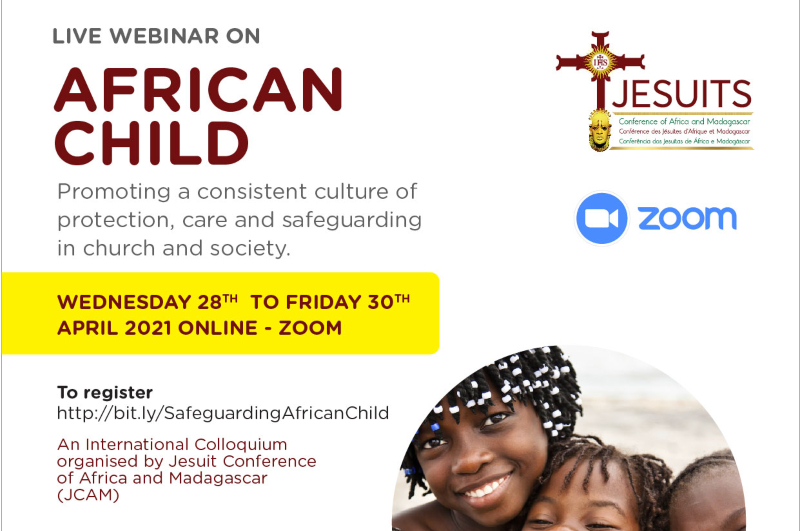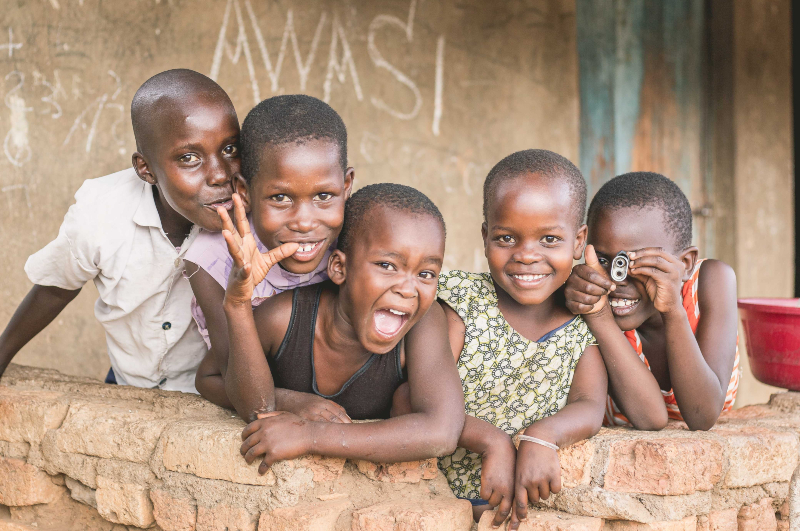

Delegates from across Africa and partners from Europe and USA convened from 23rd to 24th May 2022 in Nairobi, Kenya, to confer on child protection problems and solutions in and for Africa, in the wake of COVID-19 pandemic.
The gathering on the topic The Theology and Practice of Child Protection in Africa in Times of Pandemics was convened by the Jesuit Justice and Ecology Network Africa (JENA) of the Jesuit Conference on Africa and Madagascar (JCAM) in collaboration with The Vatican COVID-19 Commission – Africa Taskforce and the Association of Member Episcopal Conferences of East and Southern Africa (AMECEA).
“The immense challenges that the COVID-19 global pandemic has brought to this region of the world has sharpened our thinking and made the need for deep reflection on how we care for and protect the most vulnerable in our societies ever more important. How we care for and safeguard children must be at the heart of that discernment,” observed Bishop Charles Kasonde, President, AMECEA.
In attendance were child protection experts representing the governments of Kenya, Uganda, and Zambia. Other partners were religious organisations such as the Association of Sisterhoods of Kenya (AOSK), the Association of The Religious in Uganda (ARU), Changing the Way We Care, and the Zambia Association of Sisterhoods. Also representatives from the United Nations Children Fund (UNICEF), the World Bank, US State Department, and the United States Agency on International Development (USAID).
At the end of the conference participants formulated recommendations in the form of operative theology and practical strategies regarding child protection that are faithful to God’s will and purposes. Responding to the question of how best we protect children from various forms of violence, harm, and abuse.
According to the Director of JENA, Fr Charles Chilufya during a pre-conference interview “The COVID-19 crisis and its impacts provide an opportunity for rethinking child protection. The pandemic has exposed significant gaps in theories and practices of child protection when analysed from various contemporary perspectives, whether theological, scientific, cultural, or social,” he said.
Even though children have not been the face of the COVID-19 pandemic, they are probably among the largest proportion of its victims. Children, of all ages, and in all countries, are being affected by the disease itself, particularly by the socio-economic impacts and, in some cases, by mitigation measures that may inadvertently have done more harm than good.
The pandemic is a universal crisis affecting all countries and people but for some children – especially in Africa – its impact is more specific to them and some of the impacts will be lifelong. Nor have the harmful impacts of the pandemic been equally distributed: they have been most damaging for children, especially those already in vulnerable situations and in the poorest places and regions. Ultimately, the COVID-19 crisis has had and is still having a profound effect on children’s well-being.
The outcome of the conference was policy and context-relevant knowledge outputs for well-informed action to assure child protection.
You can read the Press Release {HERE}
Related Articles
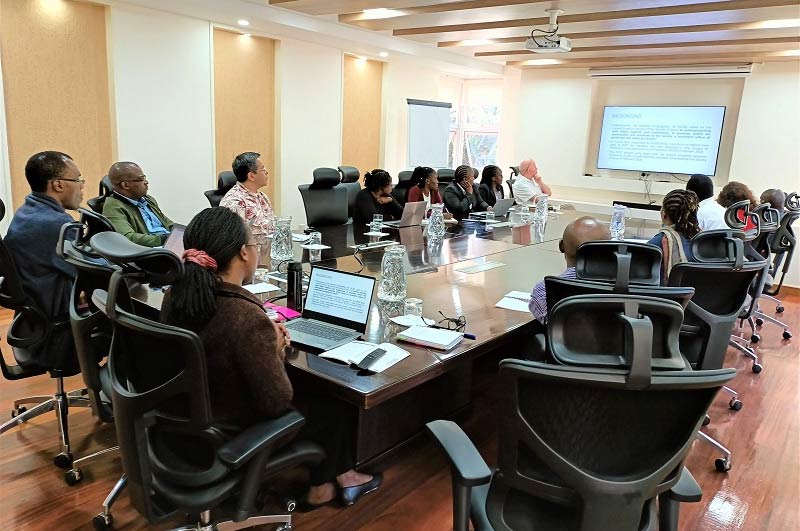
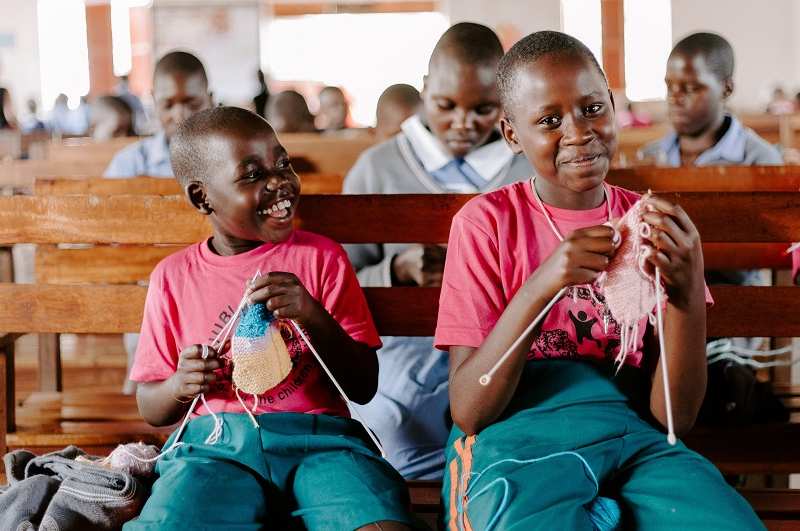
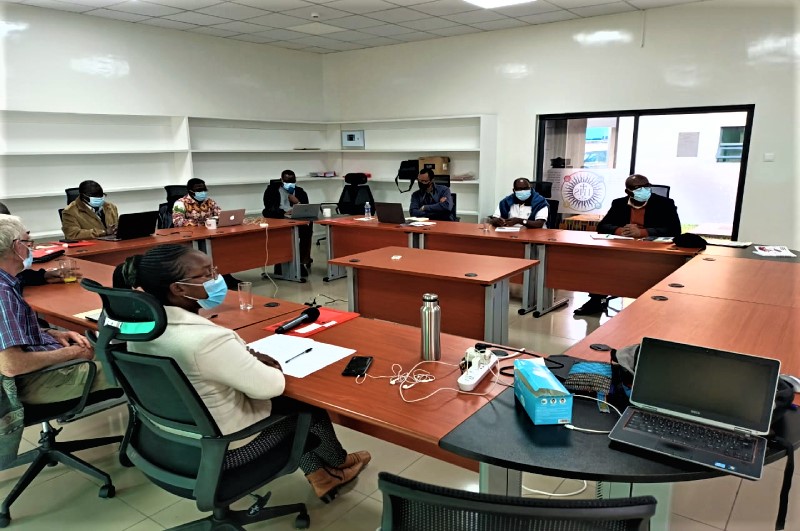
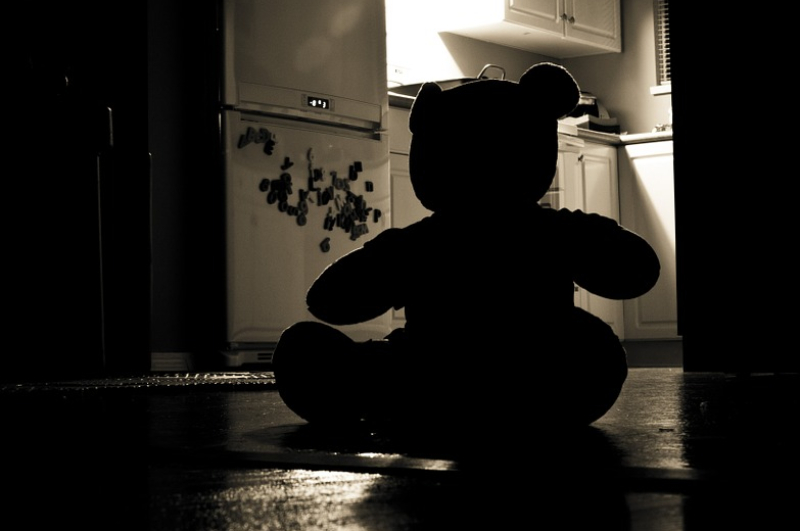
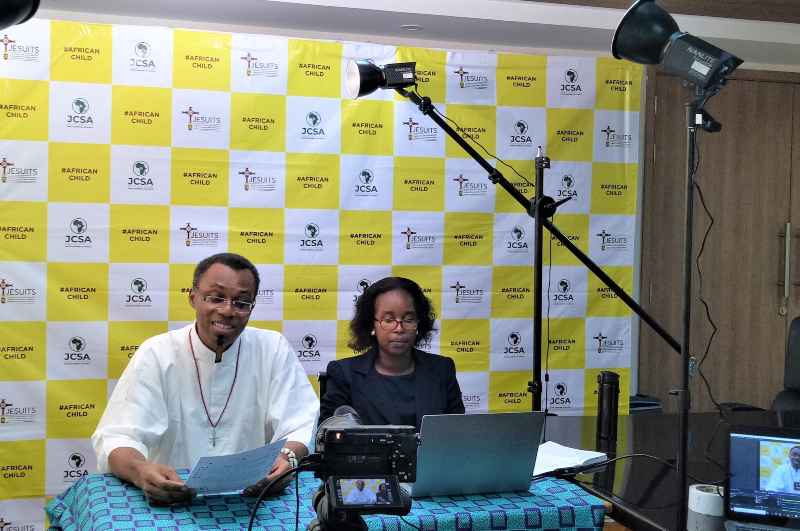
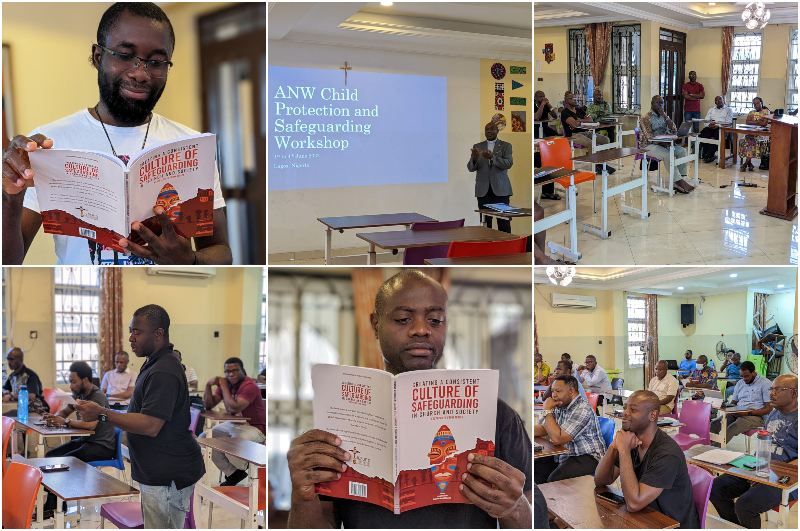
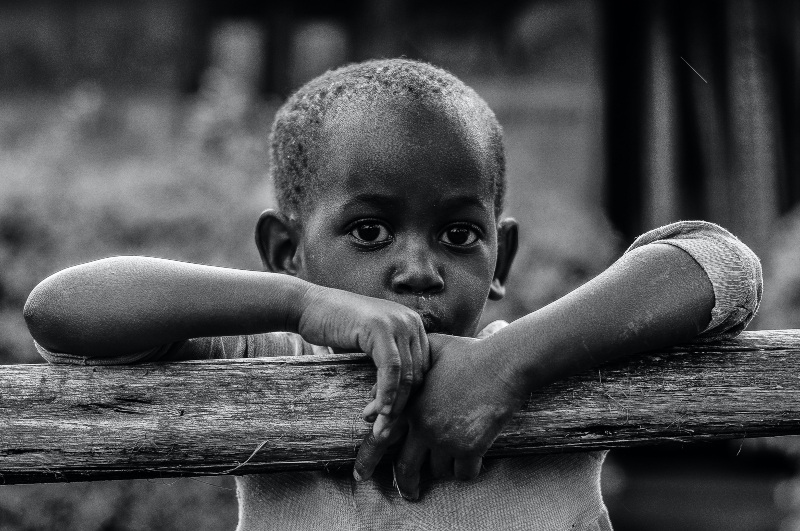
Select Payment Method
Pay by bank transfer
If you wish to make a donation by direct bank transfer please contact Fr Paul Hamill SJ treasurer@jesuits.africa. Fr Paul will get in touch with you about the best method of transfer for you and share account details with you. Donations can be one-off gifts or of any frequency; for example, you might wish to become a regular monthly donor of small amounts; that sort of reliable income can allow for very welcome forward planning in the development of the Society’s works in Africa and Madagascar.
Often it is easier to send a donation to an office within your own country and Fr Paul can advise on how that might be done. In some countries this kind of giving can also be recognised for tax relief and the necessary receipts will be issued.


